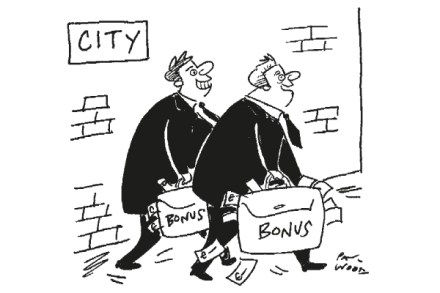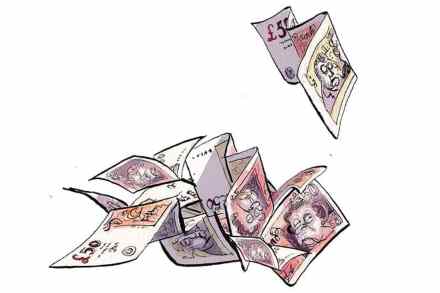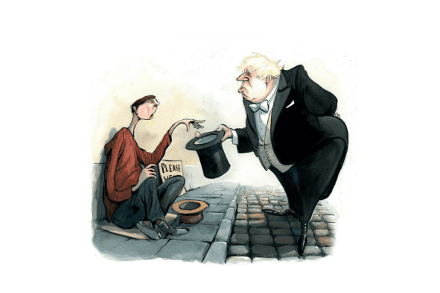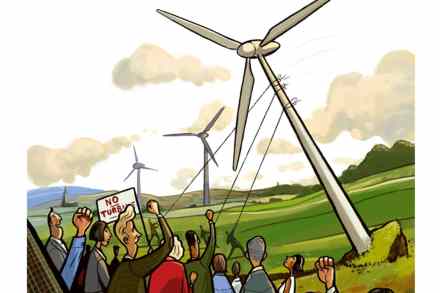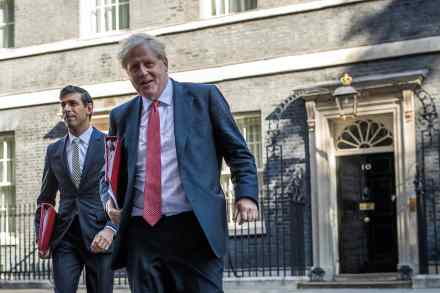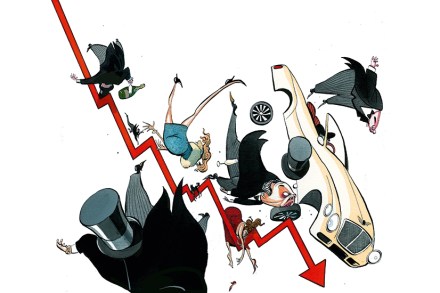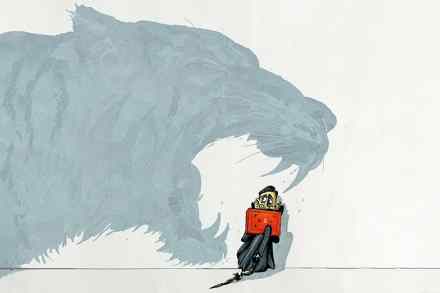Angela Rayner is the victim of a convoluted tax system
Here is a rather delightful fact. For 13 years between 2010 and 2023 Britain had a quango called the Office for Tax Simplification. You may never have heard of it, but it really did exist. Its annual report for 2021/22 shows that it was chaired by someone called Kathryn Kearns and had a budget of £1.057 million, £868,000 of which was paid in staff wages. But here’s the thing. In 2010, when it was founded, Tolley’s Tax Guide – the accountant’s bible – ran to 867 pages. The 2023 edition – the year the Office for Tax Simplification was wound up – ran to, er, 1,020 pages. No one should



